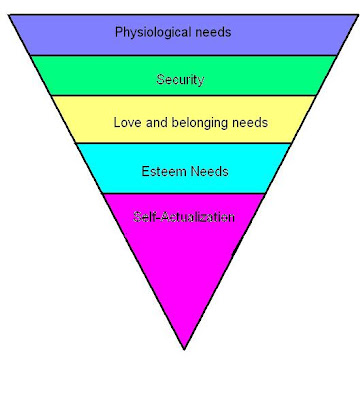Atheists and agnostics have an easy time denouncing organized religion and the BS that it drags along. The Bible, Koran, Torah, or any other holy scripture is easy to disprove with its mounting contradictions and fallacious arguments they possess. The fact that God has never answered an amputee’s pray by growing their missing limb is a ‘humerus’ example of how effortless the debate is.
It is obvious for any Atheist and agnostic that there is an infinitesimal probability that a universe-altering God can exist. What about those who believe God does not interfere with human life and the laws of the universe? This describes the deist, contrary to a theist, they derive the existence of God through personal experience and reason. Like atheists and agnostics they reject supernatural events and that God does not interfere with humans.
In my opinion, the majority of atheists and agnostics have a problem arguing with deists. There are no apparent logical fallacies nor do they explicitly contradict science in their argument. It also seems impossible to logically argue against a God that is beyond logic.
The typical atheist versus deist dialogs goes something like this:
Atheist: “Do you believe in God? (while holding back smirk).”
Deist: “Yes I do.”
Atheist: “Lol! You think the world began 6,000 years ago!”
Deist: “Oh, I believe in evolution - I don’t actually believe in miracles or prophecies, I just think God is beyond our knowledge.”
Atheist: “Uh, but you do know it is statistically improbable for God to exist.”
Deist: “Lol! God is beyond statistics or any other science – I just think he is exists and I don’t let that fact change how I live. Do you find something wrong with that?”
Atheist: “Well, fuck, Dawkins didn’t prepare me for that.”
Well, is anything wrong with being a Deist? Yes there is, but it is a question of ethics like abortion and whenever we bump into a moral dilemma we turn towards philosophy.
Believing in a deist God is a meaningless belief. The word meaningless carries some emotional baggage to it, so allow me to clarify what I mean. When I use the word meaning, I am not referring to the meaning humans impose on objects or events. For example, some people find fishing symbolic of the time they spent with their father and is meaningful in that regard. In this example, the son or daughter imposes the meaning on fishing. The way I am regarding something as meaningful is whether it appeals to logic and reason. When I assert that a deist God is meaningless, I am implying that it doesn’t appeal to logic and reason. Logic cannot answer whether the deist God is true or not.
A good way to figure out if a given hypothesis is true or false is to insert it into the scientific method machine:

The hypothesis of Intelligent Design is easy to find false because when it’s inserted into the scientific method machine it comes out a falsity. This implies that intelligent design is ‘meaningfully’ false. However, when you insert God into the machine, it gives you no answer because you cannot prove God’s existence using logic. You cannot derive the God hypothesis as meaningfully true or false. Therefore the God hypothesis is a meaningless one and will forever be in hypothesis stage.
There are an infinite amount of meaningless hypotheses that you can come up with. Why should you believe in one meaningless hypothesis over the infinite amount you can think of? The fact is, you don’t, and there is a good reason for it. In your daily life you never allow meaningless hypotheses to affect your life in a meaningful way. You use logic in the choices you make. For example, you know the sun is going to come up the next day because it has been doing so for your whole life. Never do you allow a meaningless hypothesis affect your daily choices. Why should the deist believe in a meaningless God? He would only be contradicting the way he lives.
Assume the deist does allow a meaningless belief to affect his life meaningfully. Then what is stopping him from using other meaningless hypotheses? If this deist wanted his behaviors to be consistent, he would seriously consider that global warming is a result of a shortage of pirates. Having meaningless beliefs affect your life meaningfully is a detrimental behavior that should not be practiced.
In summary:
The Deist has two options.
1) Believe in a meaningless supernatural God, and have it affect his life in a meaningful way.
2) Believe in a meaningless supernatural God, and have it NOT affect his life in a meaningful way.
In the first case, the deist is committing an irrational act that is similar to that of a theist. Most likely if you believe in a meaningless God, I can assume you are extracting some meaning from it or else you wouldn't be believing. In this case, again, you are being irrational like a theist.
In the second case, the deist is similar to an atheist. Both understand that God is a meaningless hypothesis and both don't let it affect their life. There is something contradictory about this sort of deist. How can you believe in God and not extract meaning from it at the same time? There must be a reason for believing.
In other words, there is no such thing as a deist, only a theist or atheist in disguise and it is probably the former.















